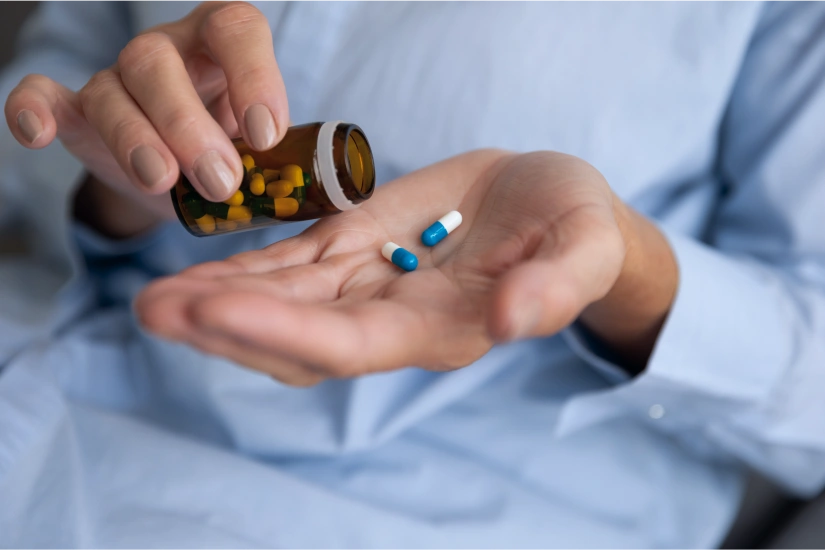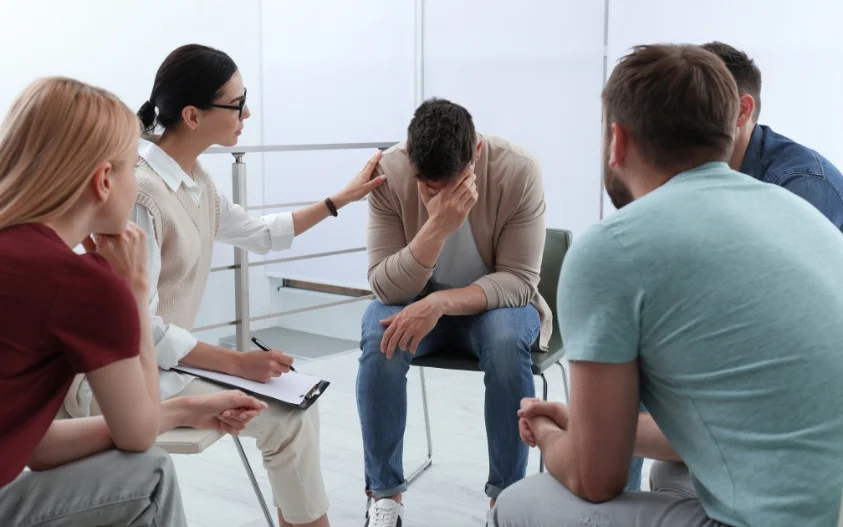24/7 Helpline:
(866) 899-221924/7 Helpline:
(866) 899-2219
Learn more about PTSD Rehab centers in Fletcher

Other Insurance Options

Sliding scale payment assistance

Sutter

Horizon Healthcare Service

Multiplan

Group Health Incorporated

Absolute Total Care

Private insurance

ComPsych

BHS | Behavioral Health Systems
Beacon

Regence

GEHA

Providence

Meritain

Lucent

Self-pay options

EmblemHealth

Evernorth

WellPoint

Medical Mutual of Ohio



























